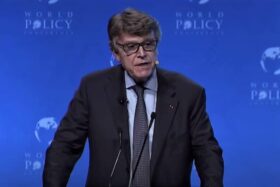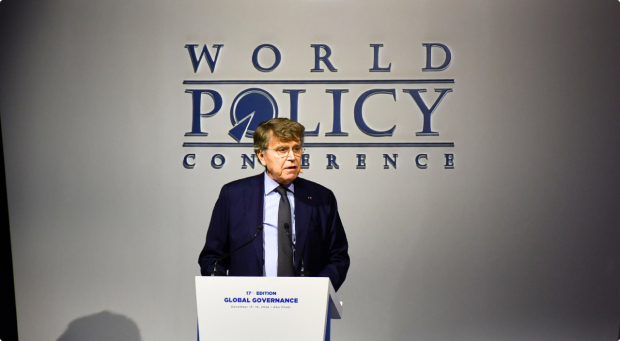17h edition of the World Policy Conference
10 December 2024

Opening Remarks of the 17th edition de la World Policy Conference
13 December 2024

Message to Henry Kissinger for his 100th birthday
25 May 2023

Discussion with Dominique Senequier, President of Ardian
04 September 2023


